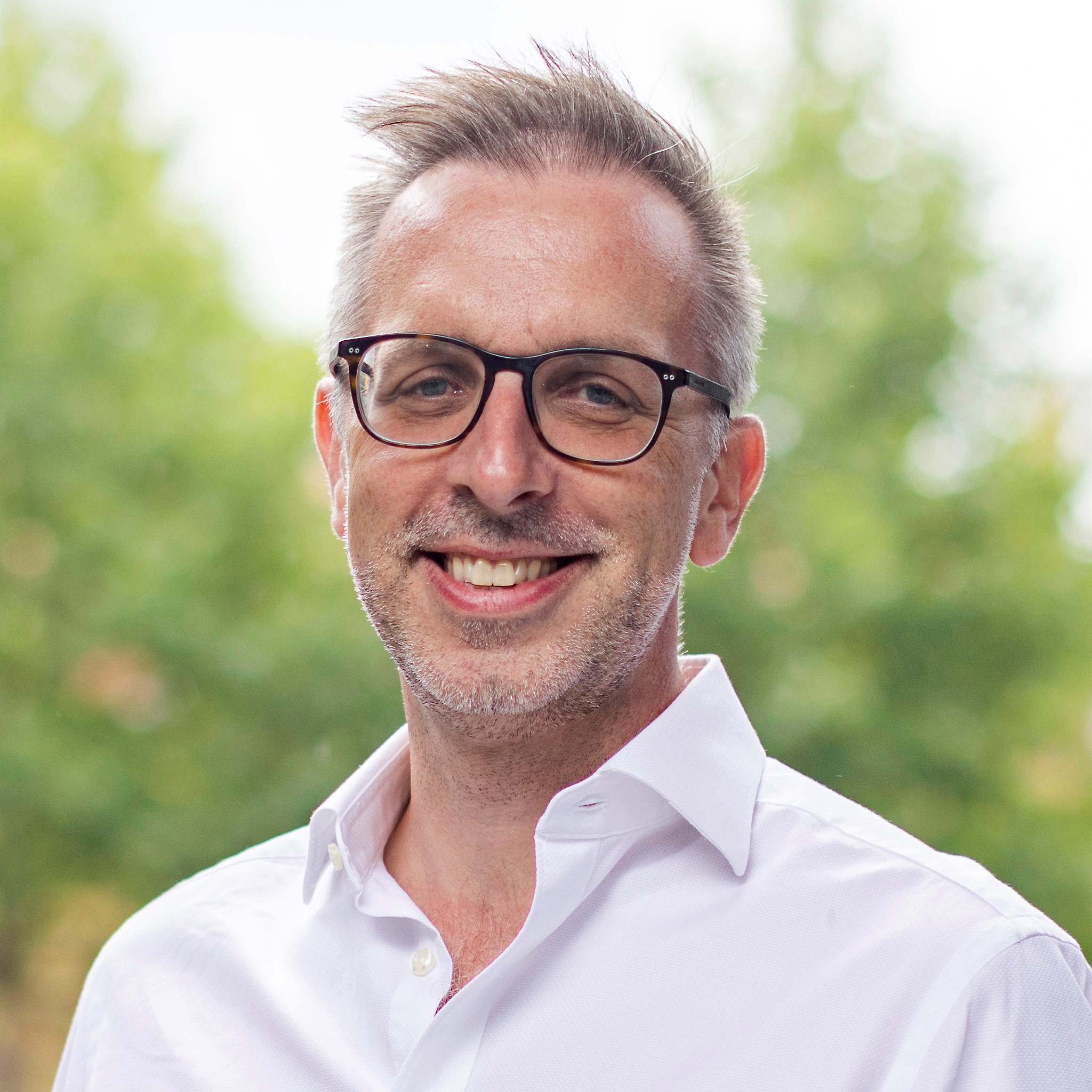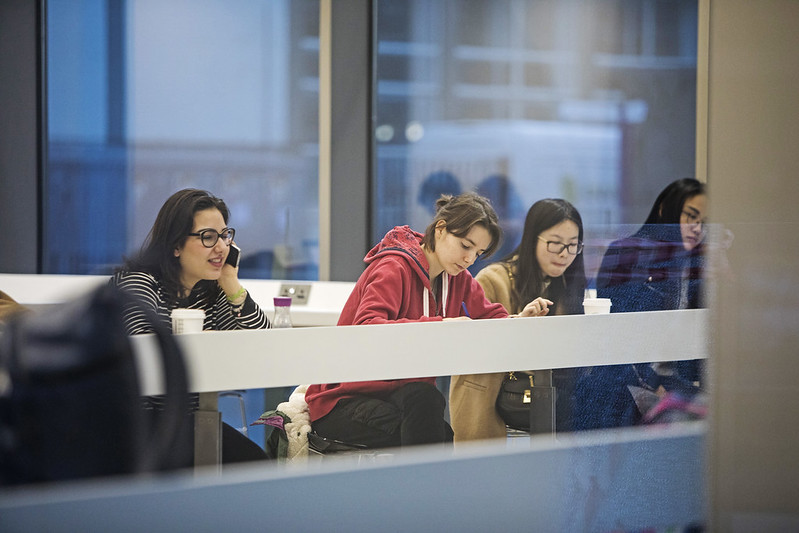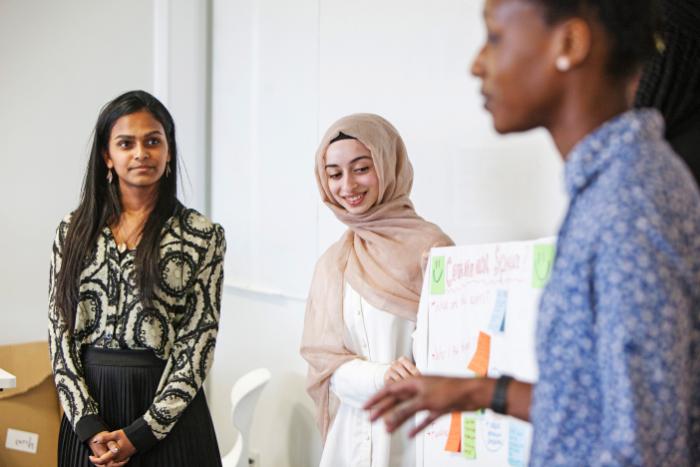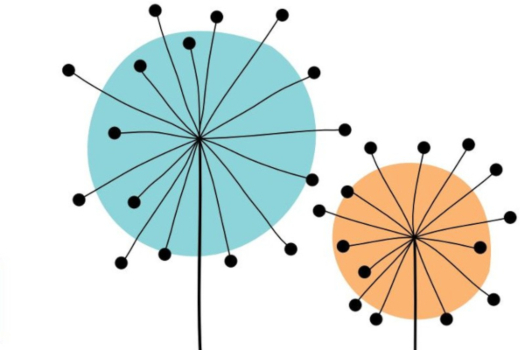Co-creating a unique new programme in trauma care

In collaboration with
The Trauma Sciences Care of the Injured Patient Programme offers medical students a unique opportunity to learn about trauma care from the roadside to patient rehabilitation and beyond
“The medical curriculum is very much geared towards the traditional specialties,” says Dr Ross Davenport, Senior Lecturer in Trauma Sciences and consultant trauma and vascular surgeon. “That always grated with me because we are a centre of excellence in the world for trauma, both for clinical care that we deliver in the hospital, but also for the strength of our research platform in the Centre for Trauma Sciences. Yet medical students were not really getting exposure to any of that.”
Dr Davenport applied for Westfield funding with his colleague Dr Elaine Cole, who has nursing background in Emergency Medicine and is now a Senior Lecturer in Trauma Sciences, as well as the Director of Research and Innovation for the pan London Major Trauma System. They worked with students to co-create ‘Trauma Sciences Care of the Injured Patient Programme’ (TSCIPP) – a first of its kind programme that allows students to learn about trauma care throughout their medical degree.
Through the programme, students can follow trauma patient journeys, learn how the system of care is arranged within the NHS, how public health plays a role in injury prevention and how research can drive improvements.
A key element of TSCIPP is a series of expert lectures, called Trauma Lates, created and run by students and aimed at sparking interest among first years. As they move into their second year of medical school, those students can then apply to join TSCIPP. Dr Davenport explains: “It’s a student-led selection process. We wanted to create a level playing field where it wasn’t about what students had done before, it was all about their interest and what they wanted to get out of the programme.”
Once in the programme, students become embedded in the clinical trauma service, attending multidisciplinary meetings with doctors, nurses, therapists and outreach teams. They also meet patients, for example someone who has fallen from a building, and have the chance to follow their progress through admission, treatment and longer-term rehabilitation.
Students on the programme take part in public engagement work, for example how to engage children who have been injured and explain some of the research they might take part in. Students also work with a clinical academic on a research project, for example looking at how COVID-19 has affected suicide rates or how injuries to the spleen are managed.
In their final year, students carry out some peer-to-peer teaching becoming leaders in TSCIPP.
We wanted students who joined the programme to grow with it by feeding back and improving the programme as it went on. By the time they reach the end they can be mentors for other students and shape the programme’s future.

TSCIPP has now been flourishing for more than four years. It remains extremely popular and the number of students on the programme has expanded.
Dr Davenport continues: “When we spend four years with a group of students in an immersive learning experience, it’s immensely rewarding for us as clinicians and academics. When you invest your time in these students, the outputs you get are tremendous.
“All of the students who have gone through TSCIPP have produced some amazing pieces of work, particularly around the public engagement but also their research dissertations are being turned into peer-reviewed publications.”
He adds: “We set this up as a pilot initially, but it’s something that we now think is core to our service. We are investing time and resource in it because we see this as a feeder of future clinicians and very high-quality academics for our research programme.”
TSCIPP has given me the opportunity to expand my clinical knowledge in trauma care, but beyond that to develop transferrable skills that will be crucial in my career as a doctor. This includes teaching other students and developing my organisational and leadership skills. It has also given me a unique opportunity to develop my research skills. Receiving one-to-one mentorship from a PhD student and being guided through the process of data collection, statistical analysis and discussion of scientific data has made research a lot more accessible to me as a medical student.— Florian Fischer, medical student



